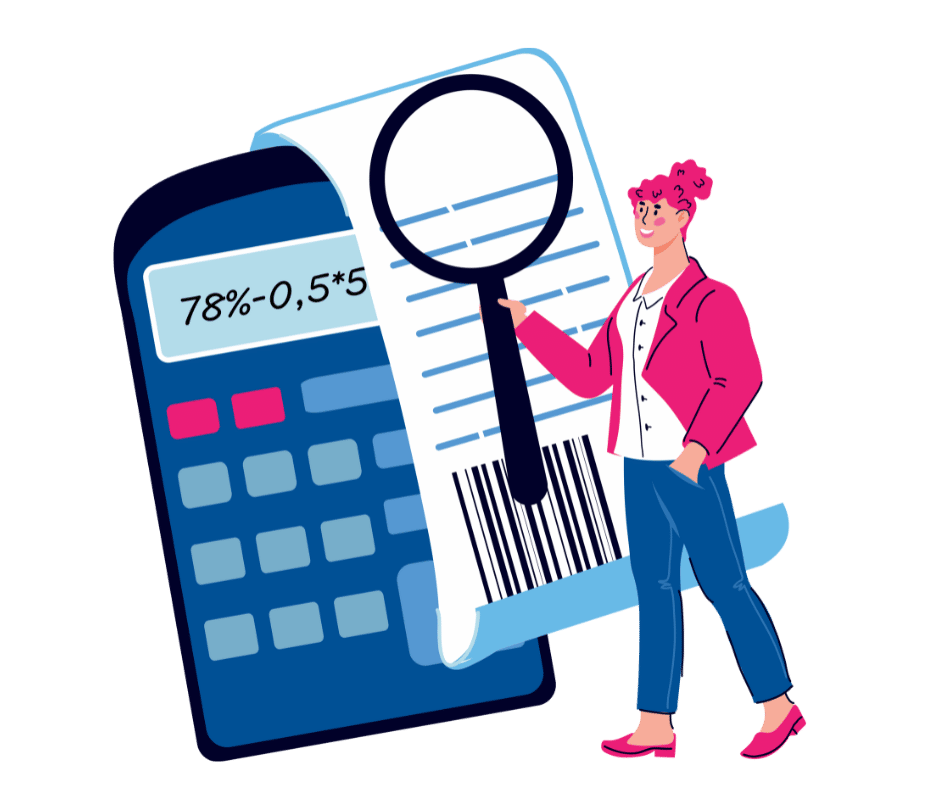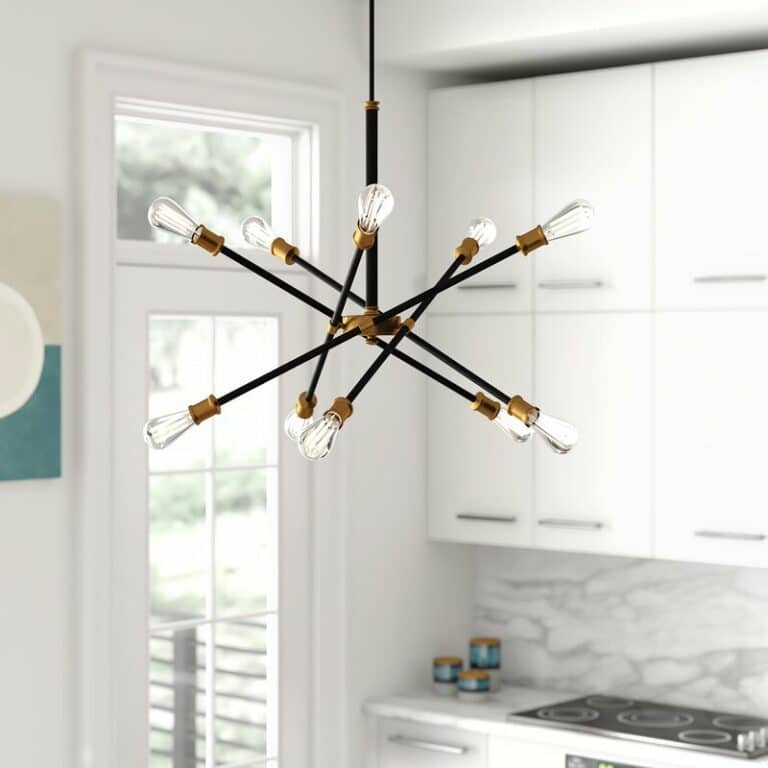Did you know that, according to The Zebra, there were over 40 million rent-based households in the US in 2019? Additionally, 80% of millennials are interested in eventually owning a home, and 12.3% of renters who are millennials have planned to “always rent.”
Given these statistics, it comes as no surprise that there are investors out there who invest in rental property.
If you’re an investor who has invested in a rental property and you’re thinking of selling it so you can buy another one, you might be wondering about the 1031 Exchange.
However, if you don’t know much about the 1031 Exchange, you might be stressed about how to properly use it. Additionally, you might feel overwhelmed by all the information out there on this tax-deferred exchange.
Fortunately, in this article, we’ll review everything you need to know about the 1031 Exchange. Finally, you can use this tax-deferred exchange to your advantage and save money. Read on to learn more.

Start Investing In Real Estate
We’ll tell you where to start and how to get it profitable
What Is the 1031 Exchange?
If you’ve been asking yourself the question, “What is a 1031 Exchange?” we’ll answer that question now. This is a tax-deferred exchange that consists of a process that makes it possible for you, as an investment property owner, to sell one property and buy another similar—while deferring capital gains tax.
The name of this exchange comes from the section it’s in within the U.S. Internal Revenue Code, Section 1031.
In this section, it’s explained that you can avoid paying the usual tax you’d pay in capital gains taxes in a specific situation.
When you sell a property you can then use the proceeds from that sale (within a specific period of time) to buy a similar property (or properties) that has a value that’s at least the same as that of the first property. In essence, you’re looking for an exchange property. This makes it possible for you, as an investor, to defer the sale of the property’s capital gains tax and to “trade up.”
When you “trade up,” you’re taking the proceeds you got from the sale of the original sale and investing them into another real estate property.
Additional Information
There are some key timing rules. The 1031 Exchange deadline is set for a 45 day identification period to find a new property and 180 days for the completion of the purchase. So the best practice would be to have potential properties already in mind prior to your exchange.
How much does a 1031 exchange cost?
The 1031 Exchange costs are usually somewhere between the low amount of $600 and the higher amount of $1,200. In terms of additional costs, you also might have to pay for incidental expenses.
Other types of exchanges include the Qualified Opportunity Zone Fund and the UPREIT or 721 Exchange. There are also several rules you have to follow when using this type of exchange.
First, this swap is buying a property for investment purposes or business property.
Second, the IRS states the potential replacement property must be a like-kind property.
Third, there isn’t a limitation on how often you can use the 1031 Exchange, as long as you use it correctly.
Fourth, under conditions that are very specific, these rules can apply to one’s former primary residential property.
Apartment Investment Management
See how we’ve increased other apartment investors’ community’s ROI now!

Who Can Benefit From the 1031 Exchange?
The 1031 Exchange is for real estate investors who see buying real estate investments as part of their larger investment strategy. The 1031 Exchange for investors can be helpful in situations such as searching for a better property or a managed property.
Additionally, it can be helpful if you’re looking to consolidate or divide properties.
Finally, if you’re looking to reset a depreciation clock, it can be useful to have a tax advisor who knows how to do a 1031 Exchange do it for you to avoid any tax implications.
Benefits of a 1031 Exchange
There are several benefits you get when you use the 1031 Exchange. These include tax benefits, being able to reset depreciation, portfolio diversification and exposure to new markets, being able to trade up, and management relief. We’ll review each of these benefits now.
Tax Benefits
The main benefit you experience when you use the 1031 Exchange is tax benefits. You’ll be able to defer the payment of capital gains taxes, which will save you money. Additionally, the idea that properties have to be “like-kind” properties is actually quite broad, making your options quite broad.
Depreciation Recapture
When you use the 1031 Exchange, it makes it possible for you to write off your asset’s “depreciation” to compensate for any deterioration that’s related to aging, wear and tear, and any other of the property’s structural obsolescence.
This will save you money. This is because reset depreciation makes it possible for you to reduce how much you would pay on taxable income.

Let’s Connect!
MoveZen Property Management available in South Carolina, North Carolina, and Virginia!
Portfolio Diversification and Exposure to New Markets
If you’re looking to diversify your portfolio by investing in other types of properties, like an apartment building, the 1031 Exchange makes it easier to do this. Once you’ve sold a property, you can use the money you’ve made from that sale to invest in multiple properties.
As mentioned above, there’s a lot of variety in what you can invest in anew because of the broad definition of “like-kind” property.
Another bit of good news? “Like-kind” properties can exist in other states, which makes it possible for you to get exposure to new markets, too.
Being Able to Trade Up
With 1031 Exchange, you can trade up, buying properties that have way more value than the one you’ve sold. You can also buy properties that will be a better fit for you in terms of your longer-term investment goals. This plus saving in taxes sweetens the deal with the 1031 Exchange.
Management Relief
As a property investor, you know how much of a headache it can be to manage a property (not to mention multiple properties). With the 1031 Exchange, you can sell a property you managed yourself and buy a new one (or more than one) that is already being managed.
This will make your investment far more worth it not only in terms of money but also in terms of time.
How much do Property Managers charge?
Hint: All Property Management expenses are tax deductible

Need More Information?
Now that you’ve learned about the 1031 Exchange, you might need additional information. For example, maybe you want to learn about other ways you can use IRS rules to save money or improve your investments. Or maybe you want help with the 1031 Exchange process.
Whatever information you need, we can help. At MoveZen Property Management, we’re experts when it comes to the 1031 Exchange.
We’re also experts when it comes to the different aspects of owning and buying properties. To learn more about how we can help you, contact us now.












